Australia-India ties ‘have entered T-20 mode’: Modi
Anthony Albanese and Narendra Modi will work on finalising a new free trade deal after reaching agreements on labour mobility and green hydrogen co-operation.
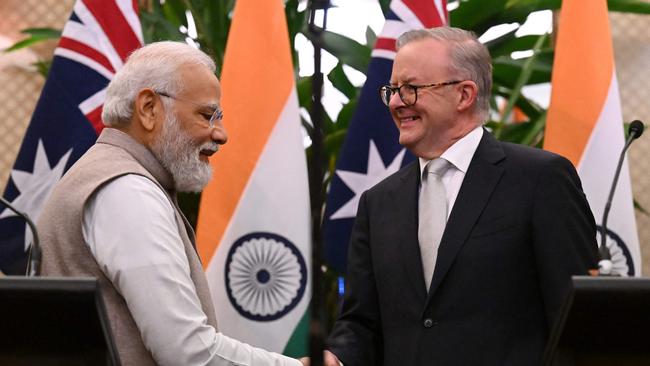
Thousands of young Indian professionals will be allowed to live and work in Australia for two years without a sponsoring employer under a labour mobility deal struck by Anthony Albanese and India’s Narendra Modi.
Vowing to elevate the countries’ relationship to “greater heights” over the next decade, the leaders also pledged to fast-track talks on a new comprehensive free-trade agreement, and work to accelerate the development of green hydrogen technology.
In formal talks in Sydney on Wednesday, the Prime Minister offered “strong support” for India’s bid to gain a permanent seat on the UN Security Council, as the leaders reinforced their determination to keep the Indo-Pacific “prosperous and secure”.
The meeting, just days after the leaders met for Quad talks in Japan, was their sixth since Mr Albanese was elected, prompting Mr Modi to declare their relationship had entered a new phase.
“In the language of cricket, our ties have entered the T20 mode,” the Indian Prime Minister said.
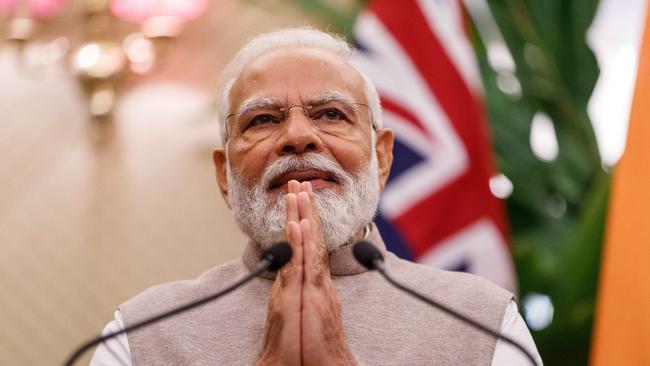
Under the migration and labour mobility deal, Indians under 30 with proficient English and tertiary qualifications in key fields will be eligible for two-year working visas without having to first find a job or arrange further study.
Places under the scheme will be capped at an initial 3000 a year but it will be regularly reviewed.
The scheme will be targeted at finding workers in key areas including renewable energy, mining, engineering, information technology, artificial intelligence, and financial technology.
On the final day of his two day trip to Australia, Mr Modi declared the agreement would strengthen the “living bridge” of Australia’s Indian diaspora.
The leaders agreed to work towards finalising the Australia-India Comprehensive Economic Co-operation Agreement by the end of the year.
The planned trade deal will build on the nations’ 2022 Economic Cooperation and Trade Agreement, creating new opportunities for Australian exporters in the dynamic Indian market.
Mr Modi said the deal would “further strengthen our economic partnership and open up new avenues for co-operation”.
The new green hydrogen task force will bring together Australian and Indian experts, focusing initially on the development of hydrogen electrolysers and fuel cell manufacturing.
The leaders also discussed strengthening co-operation on mining and critical minerals, and agreed to set up a joint task force of CEOs to discuss bilateral investment opportunities.
“India will soon become the third-largest economy in the world,” Mr Modi said.
“We are creating a favourable ecosystem for attracting more investment in India, in fields such as electronics, defence and other sectors. And I think that there is huge potential for further co-operation between India and Australia between our private sectors.”
Mr Albanese revealed a new Australian consulate would be opened in the Indian tech hub of Bengaluru – Australia’s fifth diplomatic mission in the country.
The pledge came a day after Mr Modi announced a new Indian consulate would be established in Brisbane.
Mr Albanese thanked Mr Modi for the “friendship we have established between ourselves as well as between our nations”, and declared Australia’s Indian community was “a very important part of our vibrant multicultural democracy”.
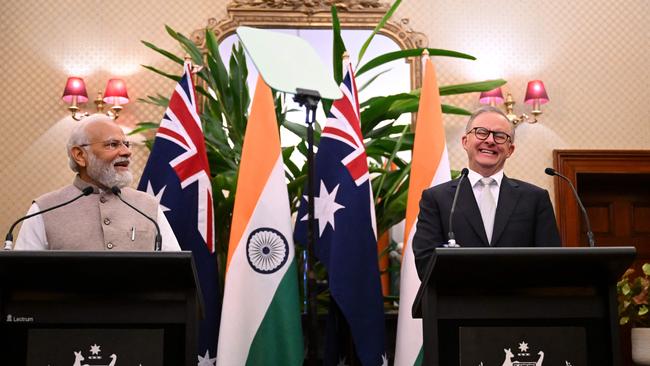
Mr Modi said the nations’ democratic values were “the foundation of our ties”, but raised concerns over the vandalism of Indian temples and the activities of “separatist elements” in Australia – a reference to the Sikh “Khalistan” independence movement.
“Prime Minister Albanese has once again assured me he will take strict actions against such elements in the future,” he said.
The formal talks followed an Indian-Australian community celebration at Sydney’s Qudos Bank Arena on Tuesday night, where Mr Modi received a rapturous reception from a crowd of nearly 20,000.
Griffith Asia Institute Professor Ian Hall said India was keen to strengthen ties with key Western nations because its relations with Beijing had deteriorated so significantly.
“That means India is going out in the world trying to find friends and partners to manage that long-term challenge,” he said. But, while that agenda aligned with Australia’s own difficulties with China, he warned against going too far in framing the relationships as one of “shared values”.
“The reality is India is a very different democracy, a much more illiberal democracy, than the one we have,” Professor Hall said.
He also warned against overly-high expectations on sealing a comprehensive trade deal between the countries by the end of the year, noting negotiations began back in 2014.
“When they say it will be done by the end of the year, I know there is optimism in both camps, but I think we need to be a little bit cautious,” Professor Hall said.
Asia Society Australia senior fellow Richard Maude said the Australia-India relationship had grown “remarkably quickly” in its depth and breadth. “There is a stronger sense of, if not alignment of interests, then at least concordance of interests,” he said.
Mr Maude warned India’s “democratic backsliding” was a serious concern, but added: “That does have to be weighed against a society that is still incredibly pluralistic and resists the ability of any one party or political force to dominate absolutely.”


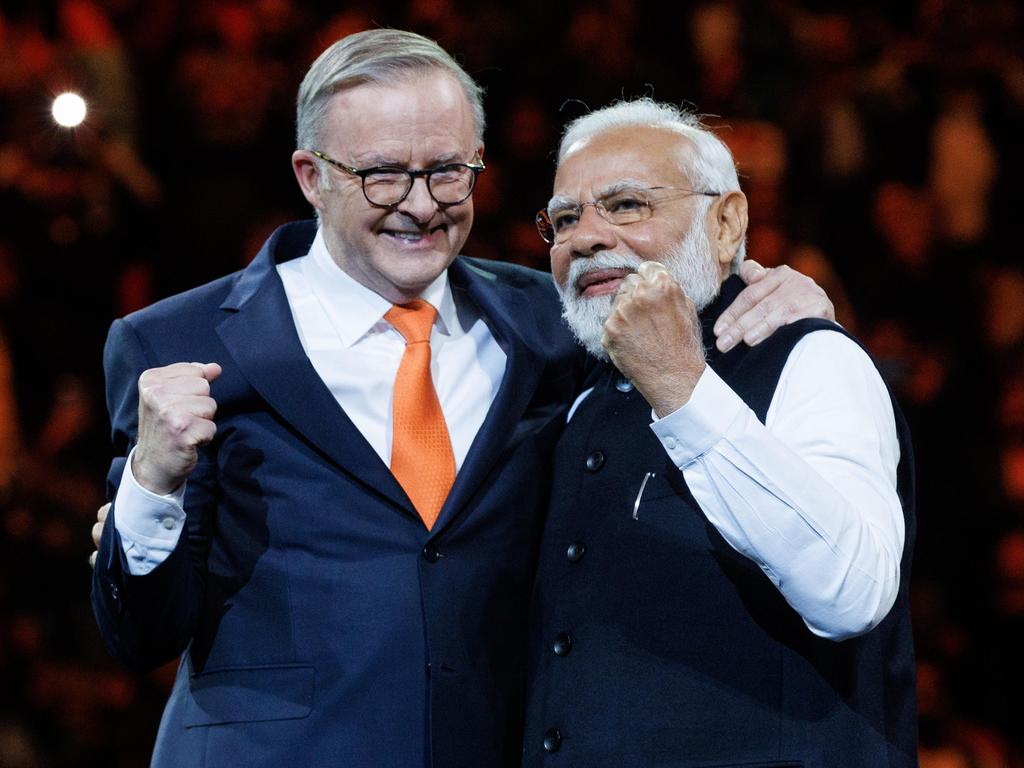
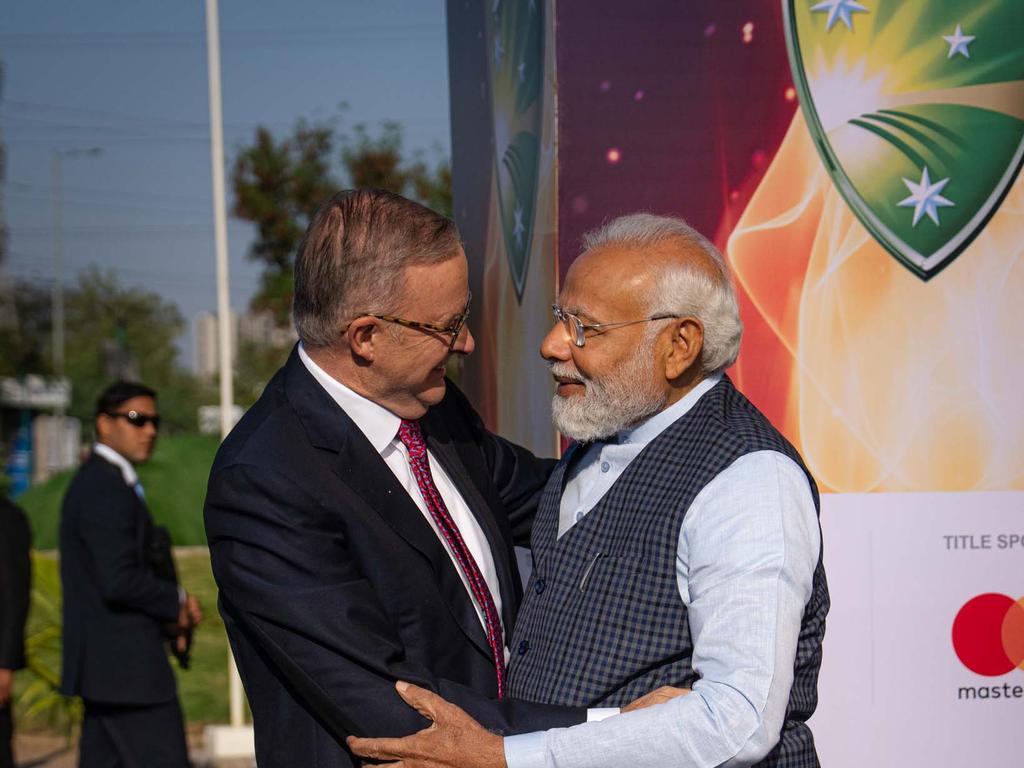
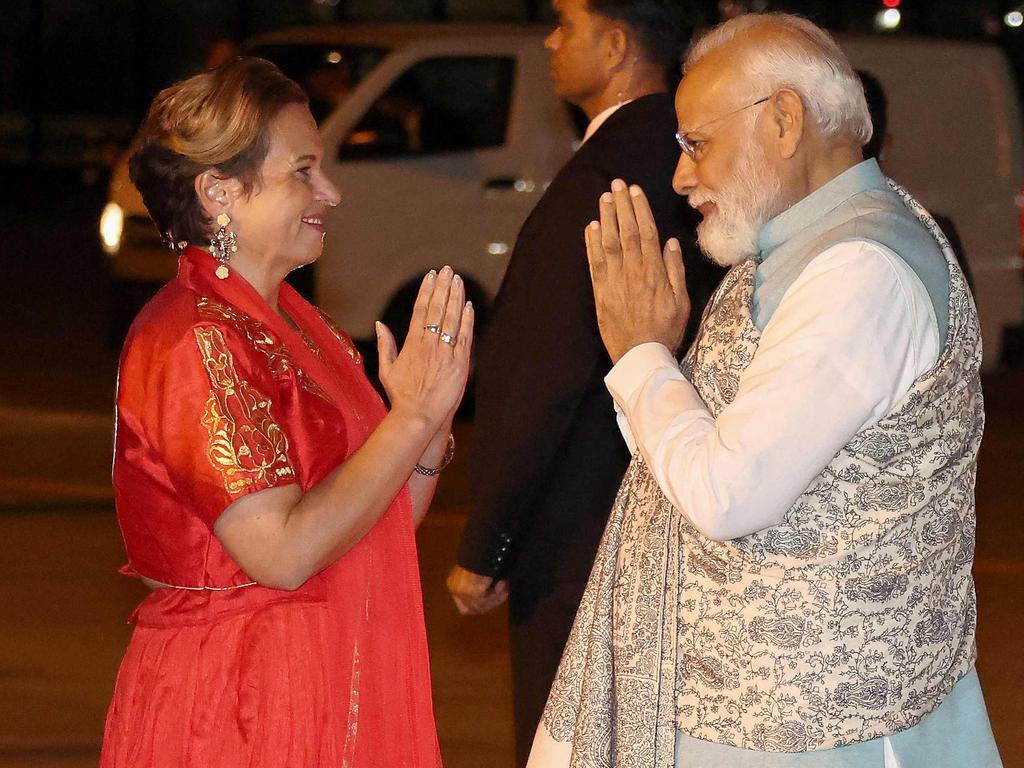
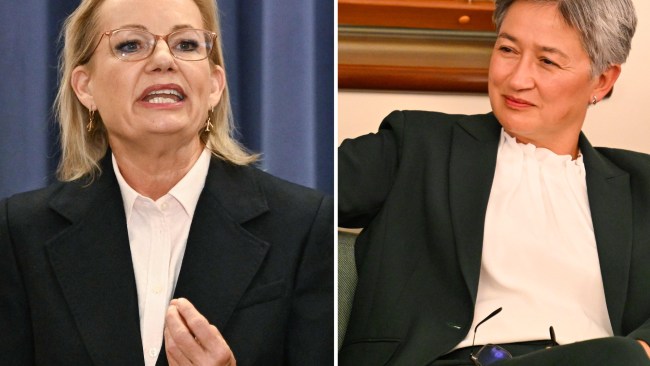
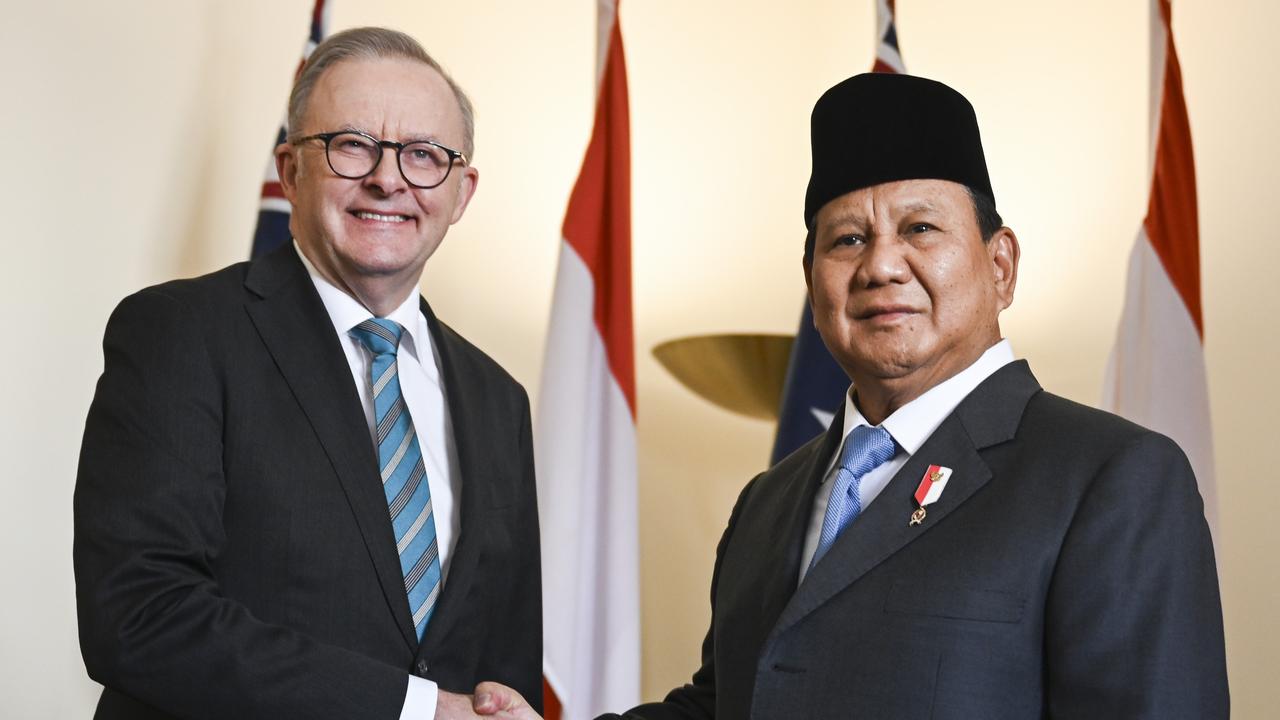
To join the conversation, please log in. Don't have an account? Register
Join the conversation, you are commenting as Logout